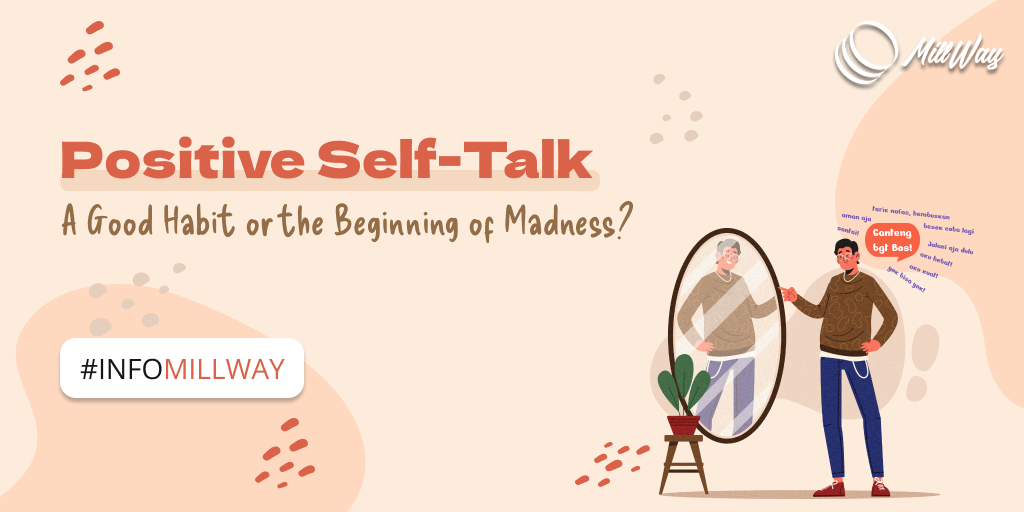
Many people think talking to yourself is strange, and some even associate it with signs of stress or mental illness. However, positive self-talk actually has many benefits for mental health and daily life.
So, is self-talk a good habit or a sign of something concerning? Let’s explore this further!
Self-talk is the habit of talking to oneself, either consciously or unconsciously. It can be an internal voice in your mind or spoken out loud. Self-talk can occur in various situations, such as:
"They talk to themselves, they must be crazy." This phrase isn’t just randomly said. In movies or media, people who talk to themselves are often portrayed as having a mental disorder. In reality, talking to yourself is normal and healthy as long as it's under control.
People who rarely engage in self-talk may find it odd when they hear others doing it.
Many people don’t realize that self-talk can actually support mental well-being rather than being just an unusual habit.
When done positively, self-talk can provide many benefits, such as:
Saying things like "I can do this!" before an important task can increase self-confidence and motivation.
When feeling anxious, self-talk can help calm you down by saying, "Relax, I can handle this."
When facing dilemmas, talking to yourself can help you analyze problems from different perspectives and find the best solution.
Self-talk can help shift negative thoughts into more positive ones. Instead of saying, "I’m definitely going to fail," try saying, "I will do my best."
Although self-talk can be beneficial, negative self-talk can harm mental health, such as:
If self-talk is mostly negative and makes you feel worse, it's important to recognize it and gradually change your thought patterns.
Positive self-talk helps boost confidence, reduce stress, and improve focus. Talking to yourself isn’t a sign of madness—it actually strengthens mental resilience. The key is to ensure that your self-talk is positive and supports personal growth.
So, if you often talk to yourself, don’t worry! It’s a sign that you’re trying to understand and encourage yourself.
